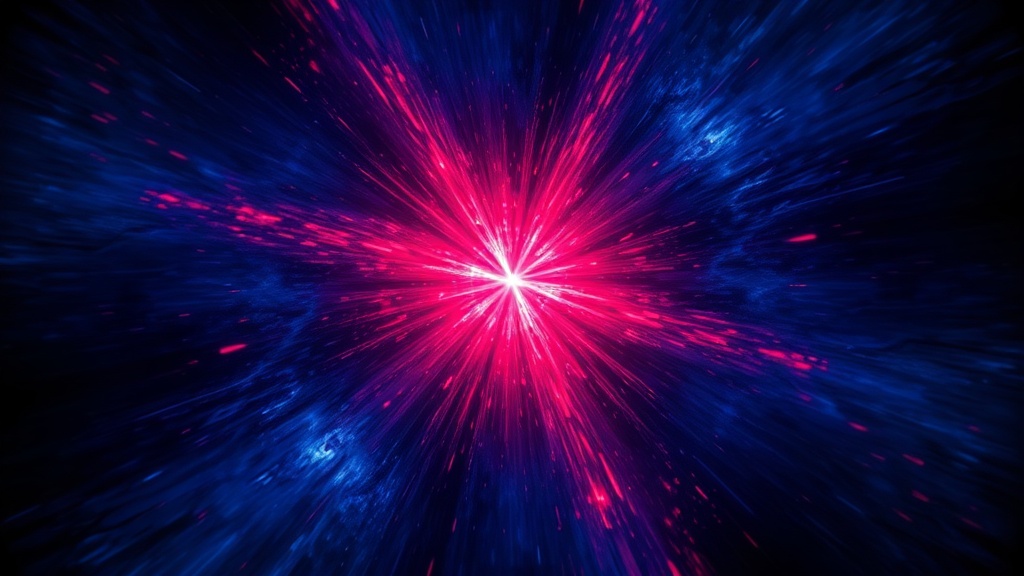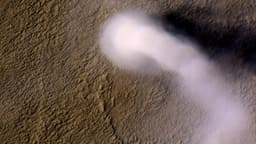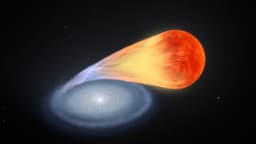Home / Science / Cosmic Ghost Seen: First Direct Dark Matter Signal
Cosmic Ghost Seen: First Direct Dark Matter Signal
26 Nov
Summary
- Powerful gamma-ray radiation detected from Milky Way's halo.
- Signal intensity suggests first direct observation of dark matter.
- Debate continues, with alternative explanations proposed by scientists.

Researchers have detected a powerful gamma-ray radiation signal emanating from a halo-like structure surrounding the Milky Way. This unique signature, observed using NASA's Fermi telescope over 15 years of data, is being hailed by some as the first direct evidence of dark matter, the invisible substance that constitutes over 25% of the universe.
This detection is distinct from previous gamma-ray emissions from the galactic center. Professor Tomonori Totani, lead author of the study, suggests that the energy output matches theoretical predictions for colliding dark matter particles, specifically WIMPs. This observation could finally allow scientists to 'see' dark matter directly, moving beyond indirect gravitational measurements.
However, the findings are not universally accepted. Some scientists, like Professor Joe Silk, argue the claim of detection is premature, proposing the gamma rays could originate from energetic particles within the galaxy's 'Fermi bubbles' or from a massive explosion billions of years ago. Despite the debate, the observed signal is a significant development in the ongoing quest to understand dark matter's nature.



